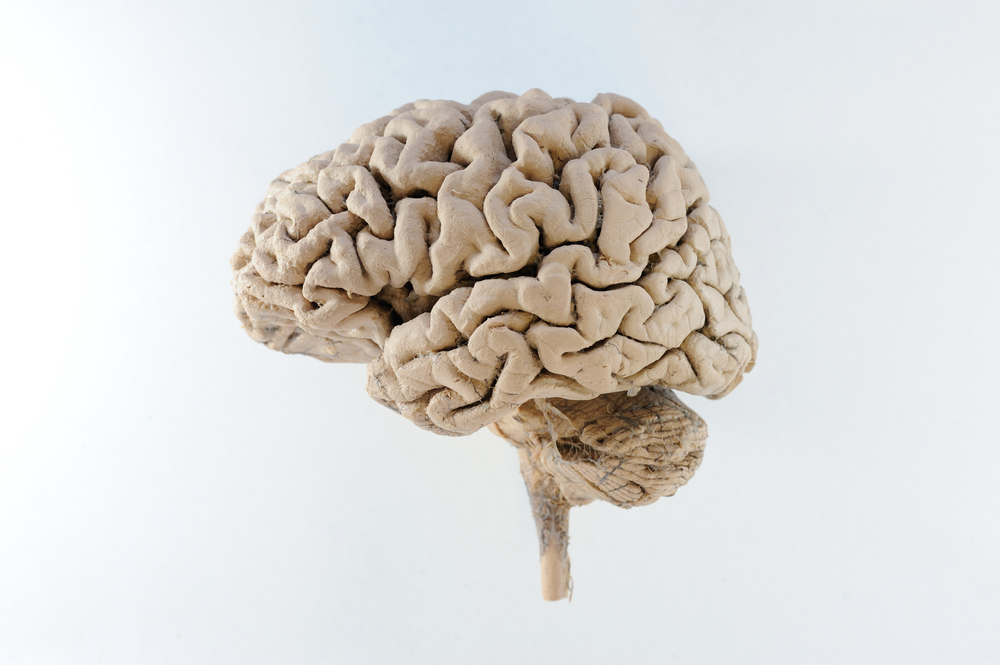NuevaCare Introduces MnemeTherapy® For Patients With Alzheimer’s
Written by |

NuevaCare recently announced that it will be presenting MnemeTherapy®, its service to address Alzheimer’s disease, at two upcoming seminars. The first will be held on Wednesday, May 6 at the PSA Annual Regional Stroke Conference at The Magnolia of Millbrae; the second will take place on Wednesday, May 13 at the Dementia Conference, which will be held at the Foster City Crowne Plaza. Both events will take place in San Mateo, CA.
NuevaCare’s Director of Marketing Kenia Jacobo stated in a press release: “These seminars offer an excellent opportunity to learn about the MnemeTherapy® approach and the exciting possibilities it offers patients.”
The company describes MnemeTherapy® as an innovative solution for those with memory conditions; it is a program that teaches a method of painting that positively impact patients’ conditions. The science behind the method is based on Neuroplasticity, which refers to the brain’s capacity to reorganize itself and form new neural connections through new experiences. Certified artists guide the patients and use everyday pleasures that include singing, painting, movement and storytelling to stimulate considerable modifications in the brain. Evidence shows improvement in verbal skills, combativeness, mobility and spatial acuity.
MnemeTherapy® has been successfully used for about 20 years to address people with all kinds of dementia: Alzheimer’s disease, Parkinson’s disease, Huntington’s disease, Stroke Victims, Pick’s Disease, MCI, Lewy Body disease, Asperger Syndrome, ADD, PDD, Autism, ADHD, and Cerebral Palsy.
Read More Recent News
A recent meeting convened by the National Institutes of Health (NIH) could dramatically alter how researchers study Alzheimer’s disease (AD). The NIH issued new recommendations based on the recent Alzheimer’s Disease Research Summit, which could speed up work leading to the development of treatments for AD. During the summit, more than 60 AD experts met to discuss research recommendations.
“Alzheimer’s research is entering a new era in which creative approaches for detecting, measuring and analyzing a wide range of biomedical data sets are leading to new insights about the causes and course of the disease. In these times of significant fiscal constraints, we need to work smarter, faster and more collaboratively. These recommendations underscore the importance of data sharing and multidisciplinary partnerships to a research community that looks to the NIH for guidance on the way forward,” stated NIH Director Francis S. Collins, M.D., Ph.D.





